
Sign in to your ScreenRant account
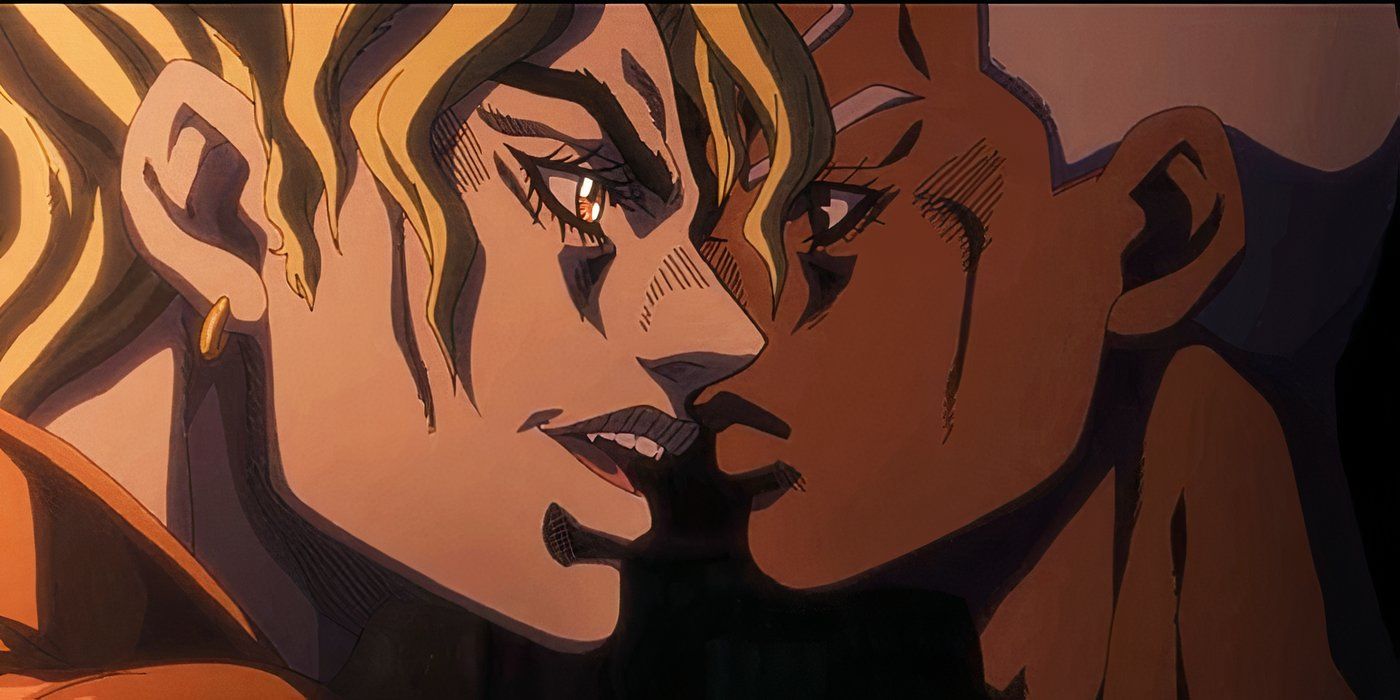
Jojo's Bizarre Adventure creator Hirohiko Araki once gave an interview that completely recasts more simplistic readings of the landmark villain Dio Brando. Fans might be surprised to hear that, among other things, he specifically discussed queer readings of the iconic (and iconically flamboyant) battle shōnen. Although it requires some reading between the lines, the discussion entirely unsettles many fans' perceptions of the villain.
JoJo's moral compass can often give the perception of being black-and-white from afar, especially earlier in the series. Dio is only one example; others, like the serial killer Yoshikage Kira and the ruthless gang boss Diavolo also set a stark contrast against their parts' protagonists (Josuke Higashikata and Giorno Giovanna, respectively) who both have keen, noble senses of heroism—if unorthodox, like Josuke's delinquency being a proxy for a message of looking beyond the surface. While Jojo's protagonists are often mold-breakers, it turns out that its villains can be too—and one unexpected interview describes precisely why.
Araki Discusses Dio's Villainous Nature
One Iconic Interview Has Araki Discussing What Makes Dio Tick
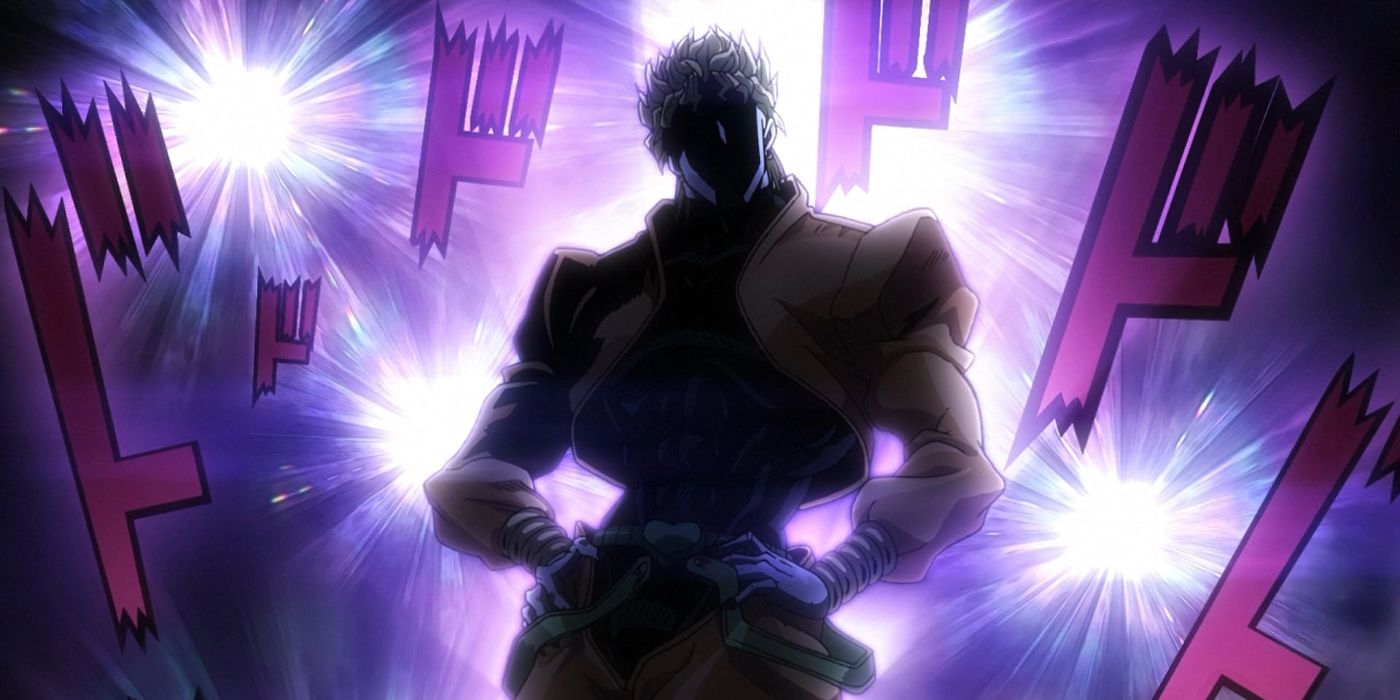
In 2007, when Jojo's seventh part Steel Ball Run was still running, Araki gave an interview with a psychologist and a sociologist for the magazine Eureka. The sociologist was Junko Kaneda, who had long followed anime fandoms with a particular focus on boys' love and yaoi. In one particularly striking moment of the interview, Araki and Kaneda start discussing queer readings of Jojo, with a long discussion centering around Dio.
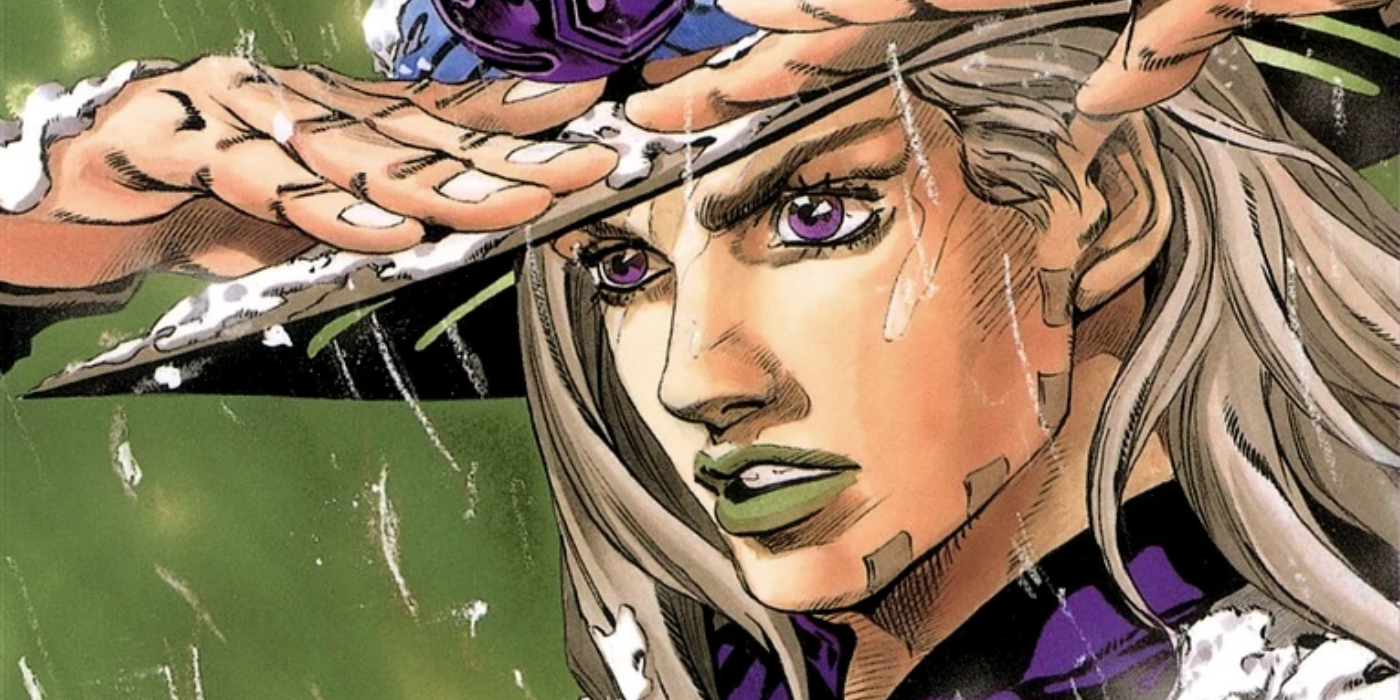
Related
JoJo's Bizarre Adventure Steel Ball Run English Release Officially Confirmed
After years of anticipation, JoJo's Bizarre Adventure Part 7: Steel Ball Run is getting an official English release from Viz media.
Dio's relationship with Pucci was an important aspect of part 6, being the foundation for Pucci's Heaven plan. Dio and Pucci had long been the center of fan speculation, with Pucci professing his love for Dio and certain manga panels showing the two lying in bed together during a sleepover. Kaneda, naturally, inquired about these with Araki, who seemed somewhat coy about the topic:
Kaneda: [...] Fundamentally, Dio is a character who started out in poverty. So then, because of his desire to be successful in life, he's not afraid of anyone nor is he afraid of himself becoming tainted to make his way to the top. [...] Despite that Dio had a background roughly similar to that of a prostitute, he rose to a higher position and although, of course, his body was sullied by various men in the process, he never lost the nobility of his soul. And then we have Father Pucci, 16 years old, captivated by [...] Dio…
[...]
Araki: [...] Either way, Dio's the sort of character who's not afraid of that sort of thing. Whether it be women or men, he can go for both.
Over the course of the Dio-centered section of the interview, Kaneda and Araki hash out some key details about Dio's upbringing and motivations. Araki overall seems open-minded about queer readings of Dio, although he shyly denied that he necessarily intended such understandings of the character. In a roundabout way, Araki and Kaneda's investigation of Dio would turn out to entirely undermine any sort of simple reading of Jojo's most famous villain.
Dio's Straightforward Origins Are Much More Than Meets The Eye
Dio Isn't The Villain You Might Think He Is
Dio Brando emerged at the peak of the camp masculinity of the 1980s, when figures like Arnold Schwarzenegger and Sylvester Stallone were everywhere and straightforward stories of good against evil flooded the shōnen manga market. Against this backdrop, perceiving Dio as an unabashedly evil character is certainly tempting. After all, on his first day at the Joestar Mansion, Dio kicks Jonathan's dog for essentially no reason other than to rile Jonathan up.
Fans haven't always loved this, and many will shortsightedly recommend skipping Jojo's first and second parts. Kaneda instead puts an interesting spin on this. She began talking about how Dio's dispossession as a youth led him to feel like he wanted to simply take over everything, an analysis that Araki took for granted. This conversation extends further to Dio's general patterns of desire:
Kaneda: His love is a bit different from the sort of love Jonathan and such have, right?
Araki: Jonathan and the others' love is far deeper than Dio's. They don't run purely on desire like Dio. Anything goes for Dio who acts as his desires dictate, but he would absolutely never pour 100% of his love into a specific person.
Kaneda: True. It certainly feels like it's not loving, but taking. Well, I suppose Father Pucci, pursuing the princess he would never obtain, really was the juiciest character of Part 6. [...] Throughout the whole series, I wanted Dio to be loved more, so when Pucci said the line "I love you as I love God", I thought "Finally--!". And I was glad that Dio responded with "I was afraid of losing you". [...]
Araki: I think if Dio had been alive at that point, I could've pushed a little bit more in that direction. But since he had already died, he only appeared in Pucci's recollections. [...] But still, I don't think Dio loved Pucci.
Kaneda: I suppose so. I think for Dio, their relationship was casual. There must have been a sort of feeling like "You don't know anything about my life, so don't worship me like a god". [...] Like during his boyhood in the slums, or around when he became a vampire. All of that just because his face is so beautiful...
One of the most intriguing directions this discussion heads centers around Dio's ability to feel love for others. Kaneda characterizes Dio as a person who takes rather than gives, and Araki concurs. This falls in line with Araki's earlier characterization of Dio as someone for whom gender in a lover doesn't matter and social norms about heterosexual relationships wouldn't be a burden.
Looking beyond the surface, this also opens up a compelling discussion about Dio's motivations. Against the aforementioned backdrop, it's easy to perceive Dio as a villain who is, well, simply a villain. "Of course he wants it all," a viewer could easily say, "because he's evil." It's true, too, that Dio absolutely does some detestable things over the course of the several JoJo parts where he figures in. Nonetheless, though, it's more worthwhile to think about how this drivenness by desire shapes Dio's personality and aims.
Dio Is Actually Unlike Any Other Shonen Villain
As A Creature Of Pure Desire, Dio Defies Conventional Shōnen Morality
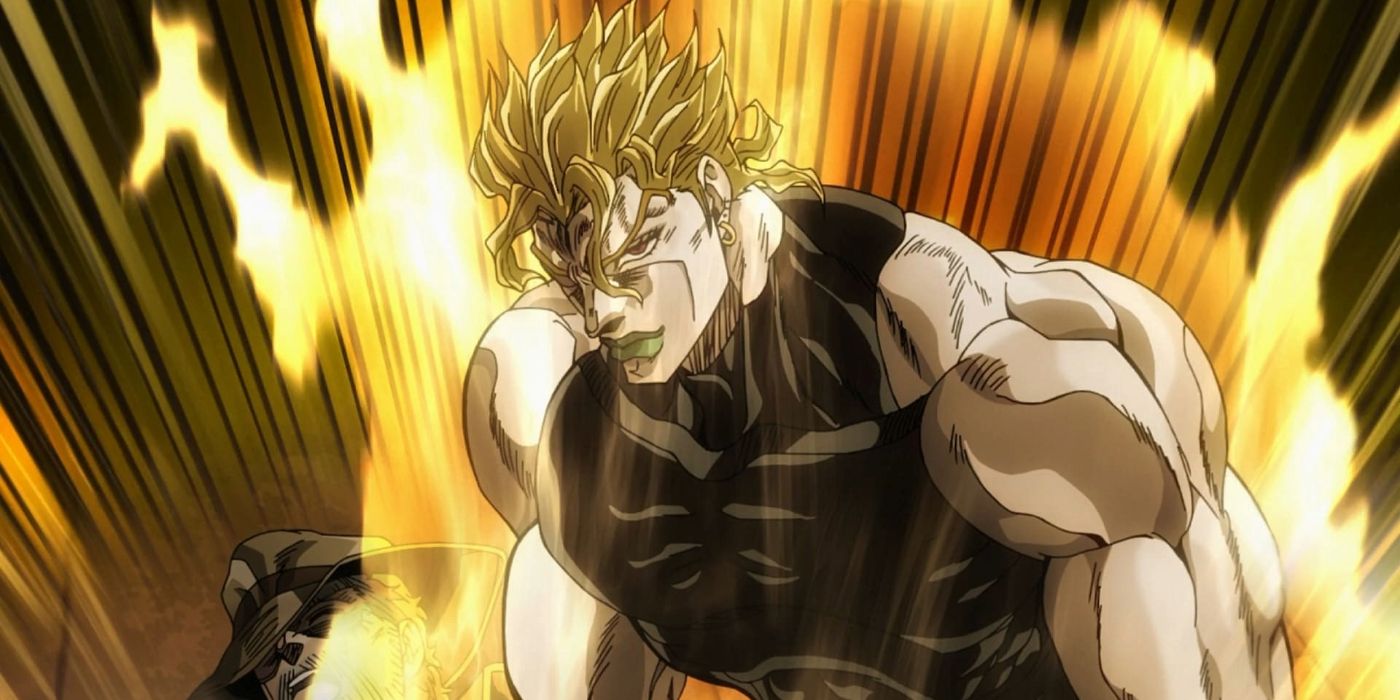
There aren't many shōnen characters like Dio. His unabashed embrace of his antisocial desires, of course, does draw some parallels to countless shōnen antagonists. However, the direction of Kaneda and Araki's discussion shows clearly why what might be fairly simple motivations for many other antagonists are, in fact, very nuanced for Dio. There are two interesting avenues of inquiry which Kaneda and Araki's discussion of Dio opens up:
- For what reasons have Dio's desires been shaped in this particular fashion?
- Where is the line between Dio's human side and his vampiric, paranormal side drawn, if anywhere?
As for the first question, one of the reasons Dio is such a thought-provoking character is because of the way that—perhaps contrasting even with contemporary shōnen antagonists like Fist of the North Star's Raoh—Dio's upbringing is presented as a major factor in his development. Well before nuanced backstories for villains became the norm, Jojo was already exploring the frayed relationship between Dio and his father, Dario Brando. An entire Freudian deep-dive into Dio's (literal) ego becomes possible thanks to this.
Any answer to the first question will inevitably bleed into the second. Even before Dio acquired the Stone Mask and its gift of vampirism, he was already starting to act in ways that were "inhuman"—the entire subplot involving Dio and Jonathan's rivalry and their mutual entanglement with Erina features here. Kaneda proposes the very interesting line of argument that Dio might have been deeply envious of Jonathan and, playing into the queer reading, envious of Erina in turn:
Kaneda: Really?! So our interpretation was correct all along... (laughs). Then we can say with confidence that Dio originally liked Jonathan, right?
Araki: Ahh, is that so?! (laughs)
Kaneda: Dio liked Jonathan Joestar, the man who possesses everything he lacks, to the extent of wanting to be his. He couldn't bear Erina kissing Jonathan first, so he ended up doing it to Erina himself.
Araki: It kinda sounds comedic if you're gonna go that far (laughs).
Kaneda: No, but Dio thought about Jonathan seriously, but at the same time homosexuality was a serious crime in England during that era, so that very desire was hidden from even Dio himself.
Araki: That could be possible.
Kaneda: And those feelings he'd suppressed so long finally resulted in him taking over Jonathan's body. [...] What Dio actually wanted was for Jonathan to affirm his thoroughly tarnished self, for Jonathan to tell him "I like you as you are". But since that didn't happen and Jonathan was taken by a mere nobody like Erina, through bitter tears at the end Dio takes Jonathan's body. "Now we've finally become one, Jonathan." That sorta thing. If we were to rephrase that sentiment a little, Dio wanted to be part of Jonathan's bloodline. [...] He wanted to become Jonathan. But I think in the end, he lost track of whether he wanted to become Jonathan or he wanted Jonathan to become his. With his noble soul that harbored such sorrow, there were men showing up that loved Dio one after another. Like in Part 3, Vanilla Ice and N'Doul and those guys. [...] Even Avdol, that obviously macho guy who liked peeing outside was charmed by Dio. So he really had an aura that entranced all types of men.
Araki describes Dio as somebody who, because of the overwhelming force of his desire, cannot truly love somebody. The two explore this as it constructs Dio's relationship with Pucci, also. Pucci, for Dio, is effectively someone who feeds into, reinforces, and shows promise for Dio's desires. But the very fact that Dio is, apparently, "unable" to love in the context of a shonen background where the average antagonist (particularly at the time) would have simply had no interest in love or romance is a worthy line of inquiry all on its own. At any rate, Kaneda notices one of the most interesting things about Dio:
Kaneda: No, Lord Dio just has an overwhelming aura which enthralls people who don't even have any inclination toward that. In a way he's more charismatic than JoJo in being able to draw people in, since JoJo's bloodline does that only by virtue of the power of justice. I'm glad that you introduced a character like the priest, who can properly express Dio's charm. Up to the point where it's the reason the Earth did a full rotation and got reset (laughs).
This is the thing that absolutely sets Dio apart from any other shonen antagonist. It also undermines the sort of simplistic, cookie-cutter view a lot of fans have of Dio where, compared to contemporary JoJo villains, he might seem a bit underwhelming in his socio-moral writing. In reality, Dio has been one of the most enthralling antagonists of all time, capable of totally undermining the charm even of JoJo's titular bloodline. For Jojo's Bizarre Adventure and for anime at large, Dio is without a doubt one of the most interesting villains ever written.
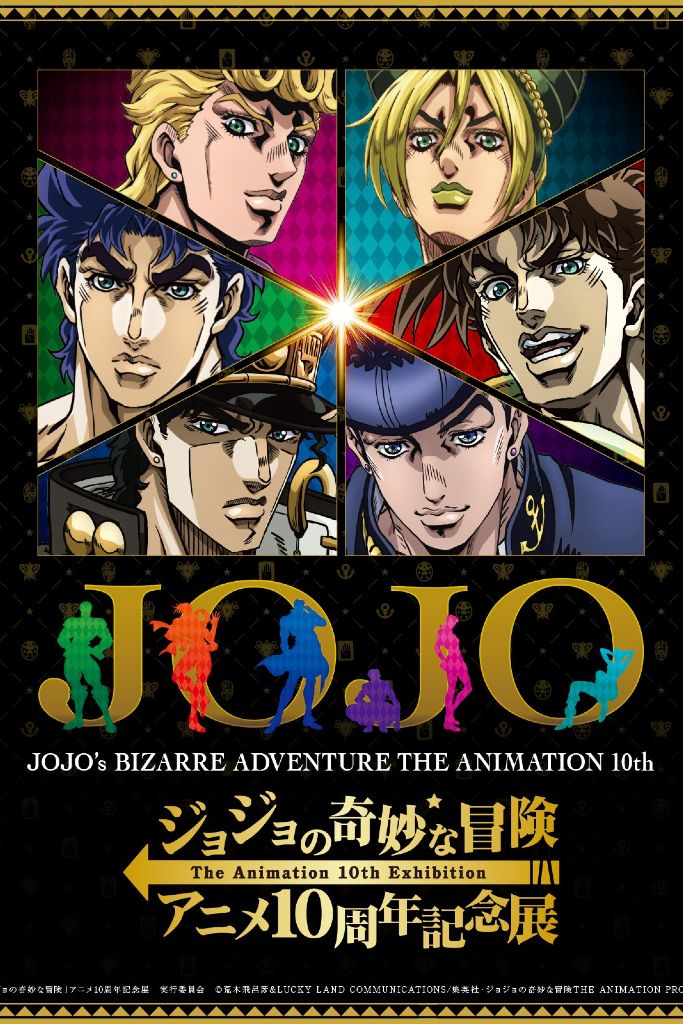
Jojo's Bizarre Adventure
JoJo's Bizarre Adventure is a Japanese multimedia franchise created by Hirohiko Araki. It follows the adventures of the Joestar family, spanning generations, each with unique abilities and battling supernatural enemies. Known for its eccentric characters, distinctive art style, and creative battles, it includes manga, anime, games, and merchandise.
Created by Hirohiko Araki
TV Show(s) JoJo Bizarre Adventure
Character(s) Will A. Zeppeli , Jonathan Joestar , Giorno Giovanna , Jotaro Kujo , Joseph Joestar , Jolyne Cujoh , Johnny Joestar , Josuke Higashikata , Gyro Zeppeli
Video Game(s) JoJo's Bizarre Adventure , JoJo's Bizarre Adventure: All Star Battle R





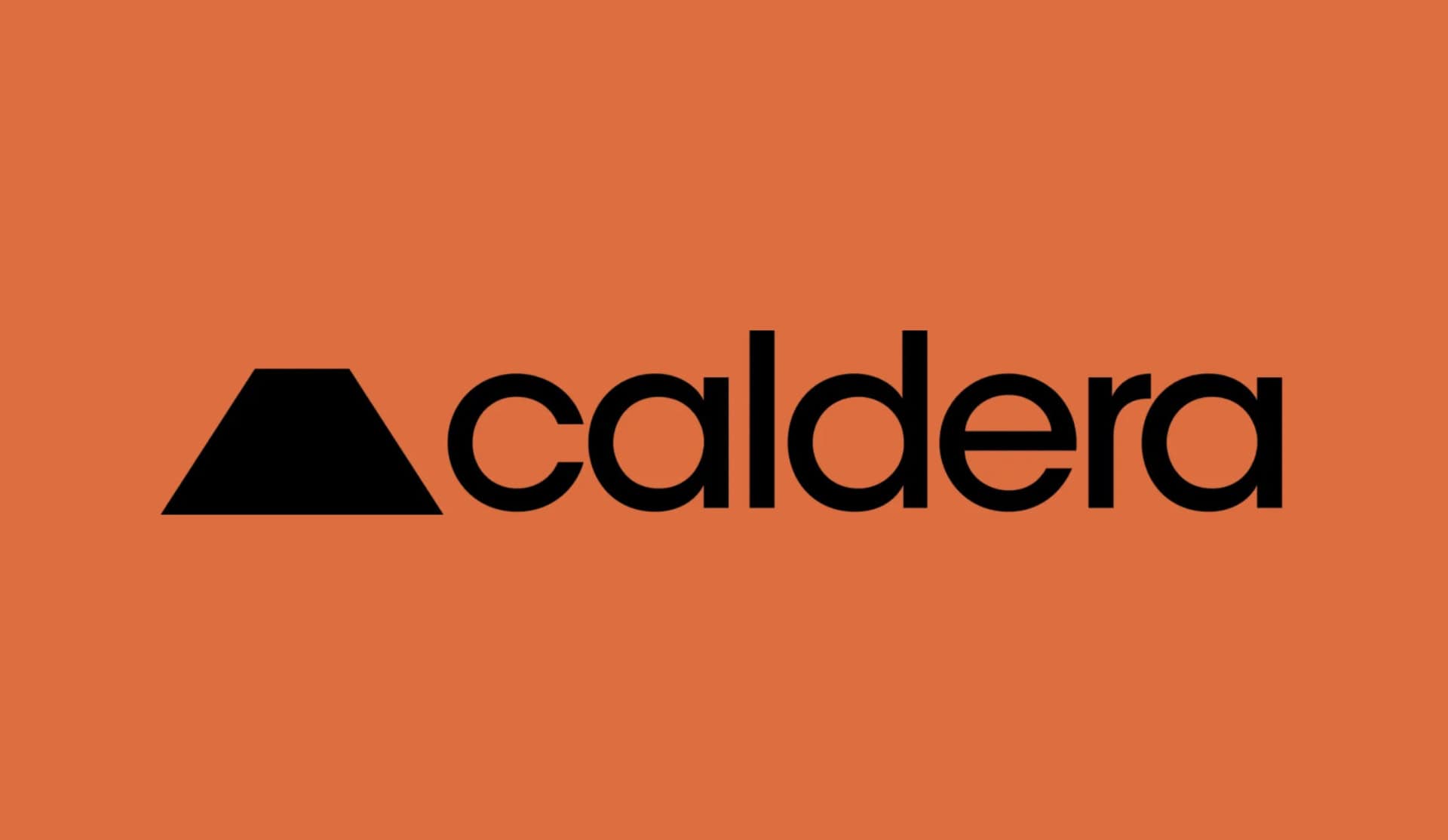
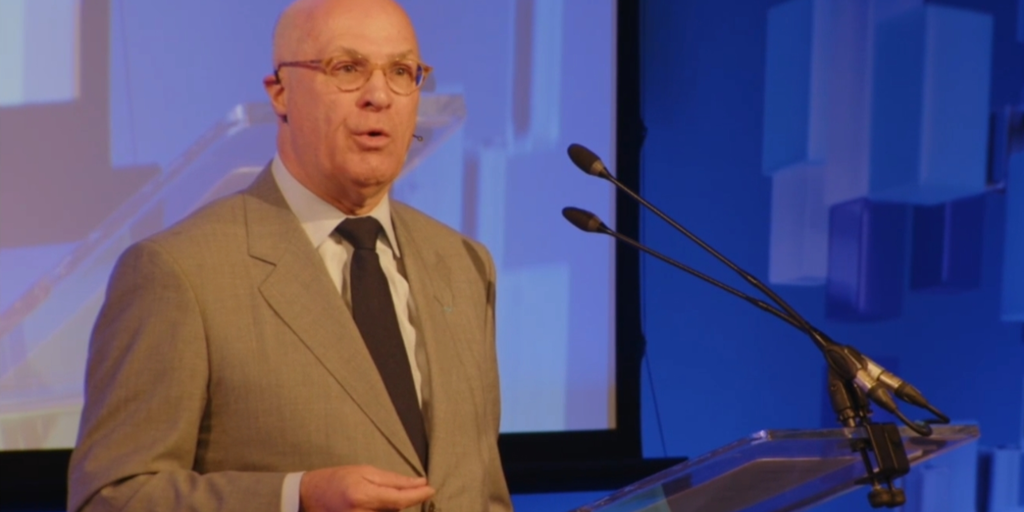

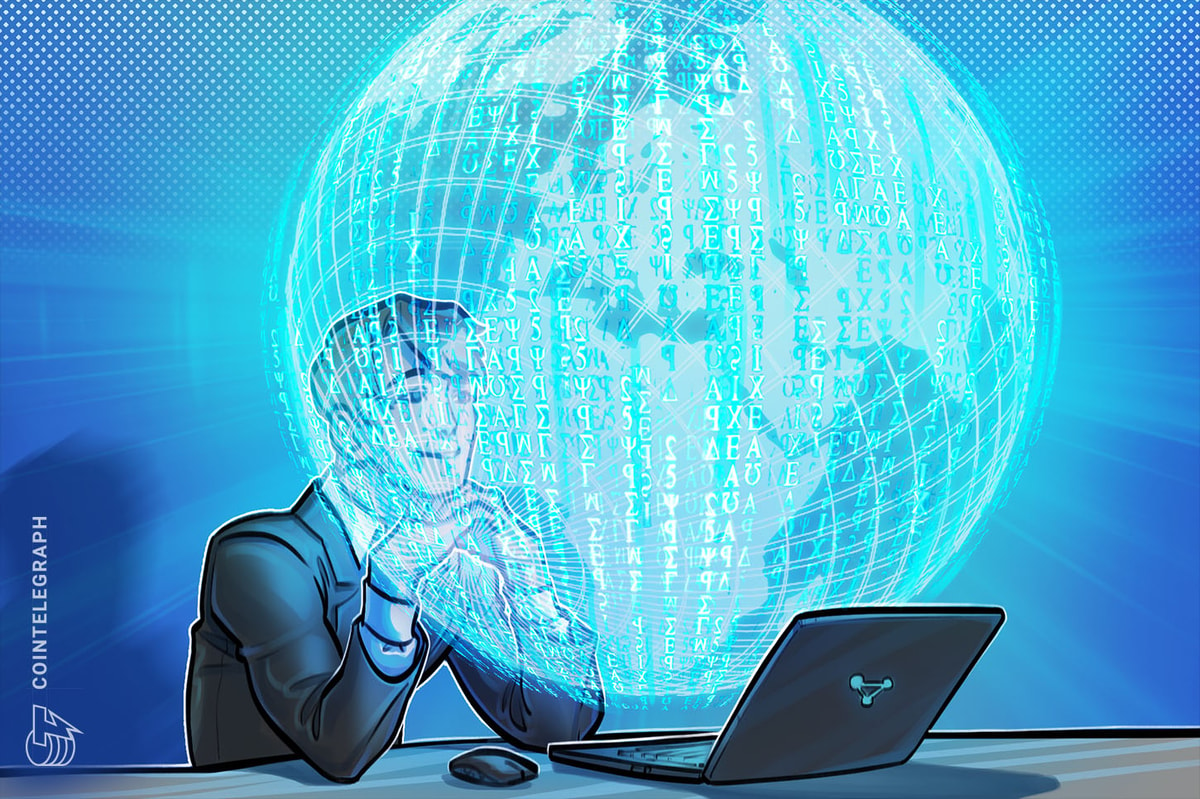
 English (US) ·
English (US) ·